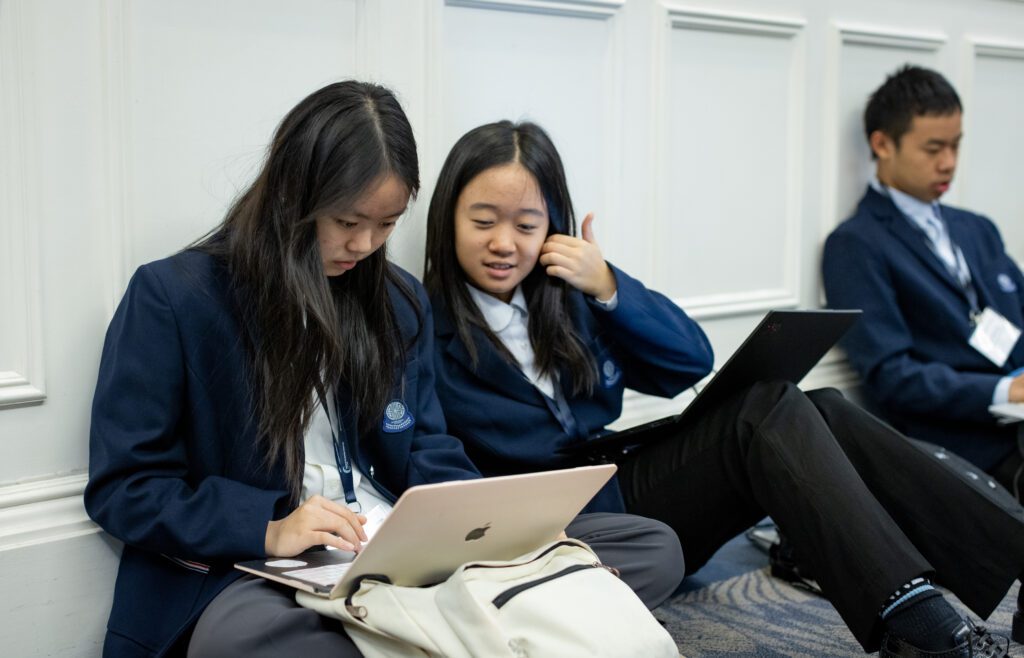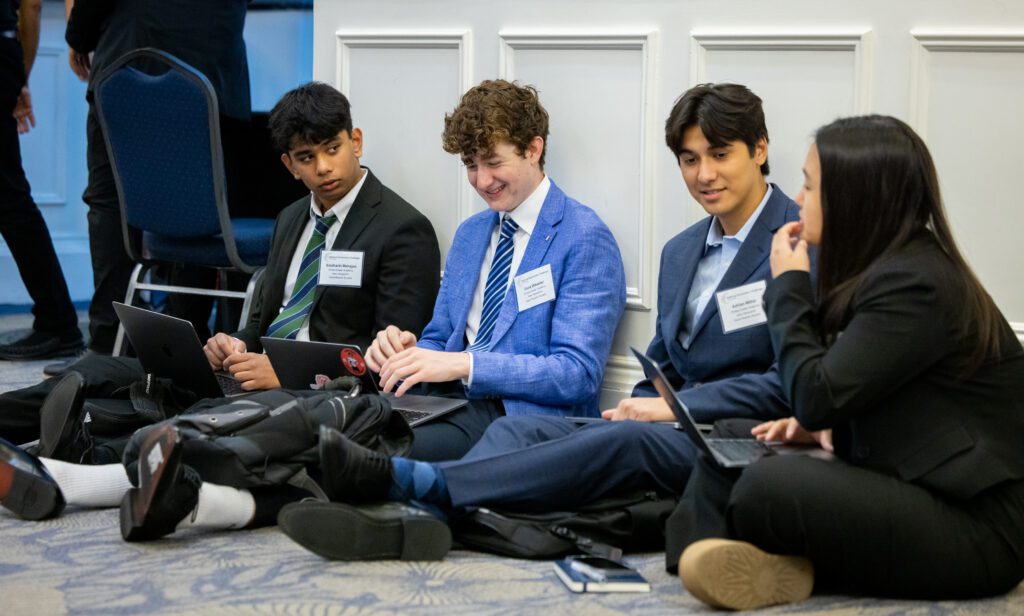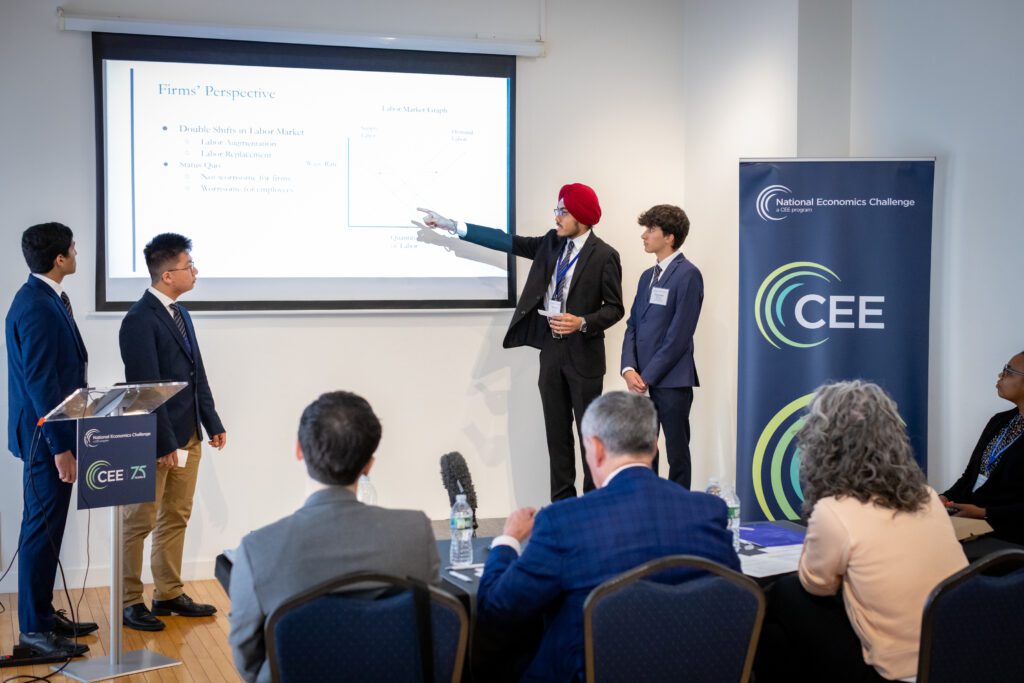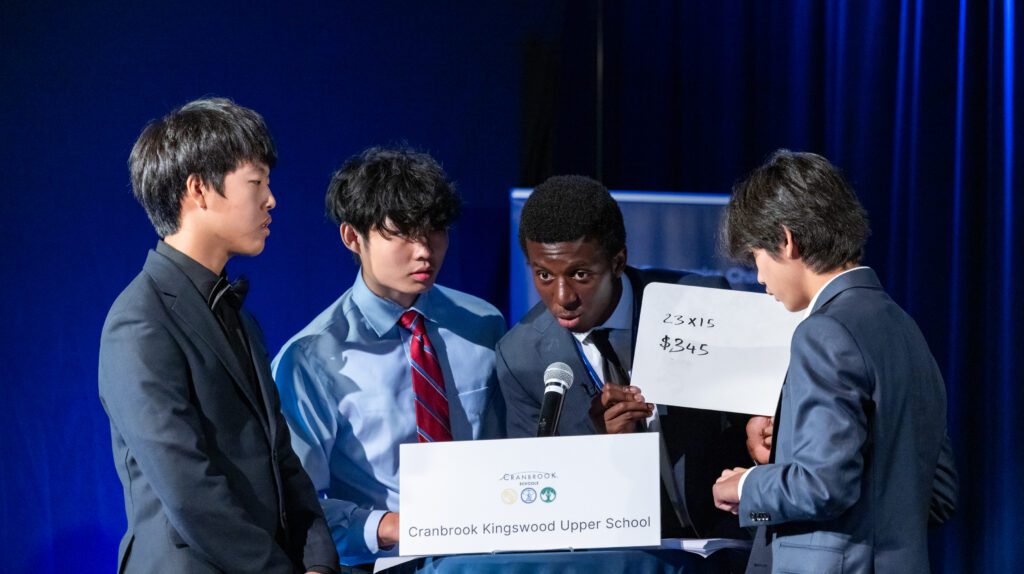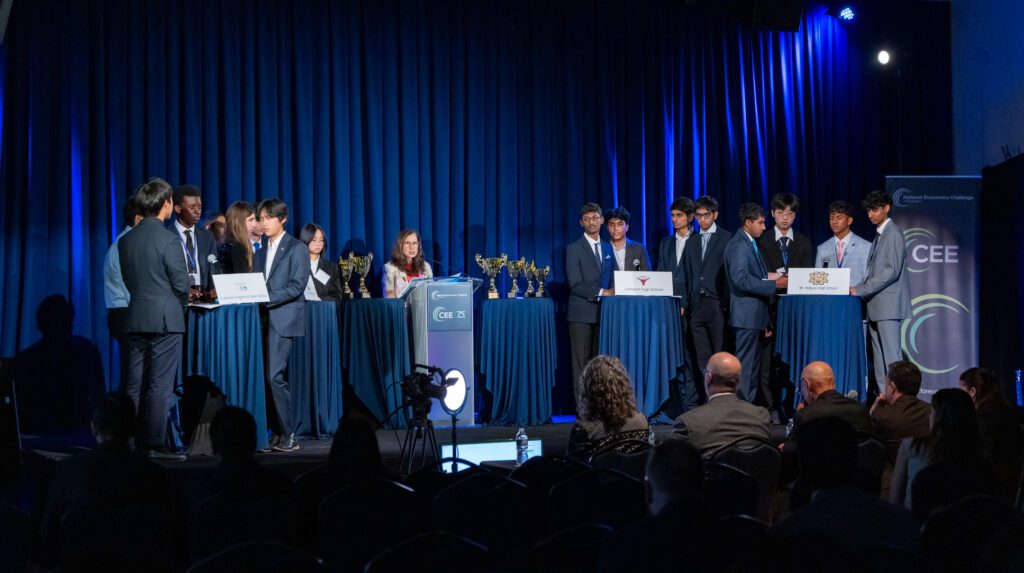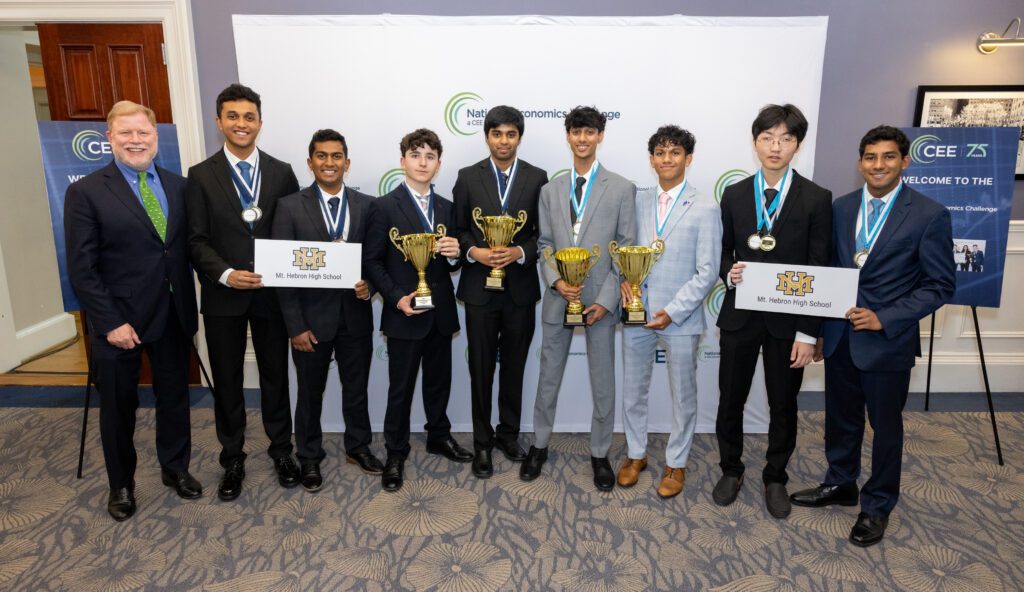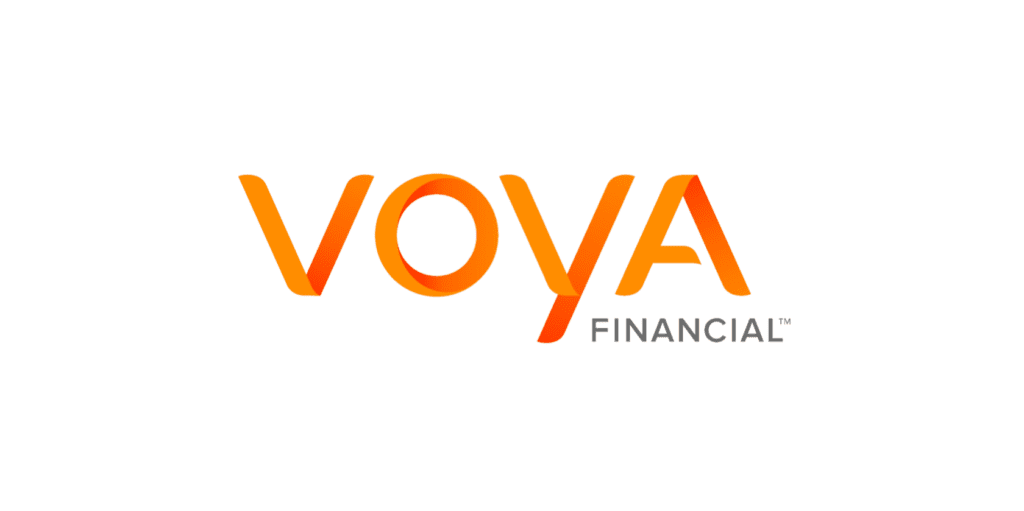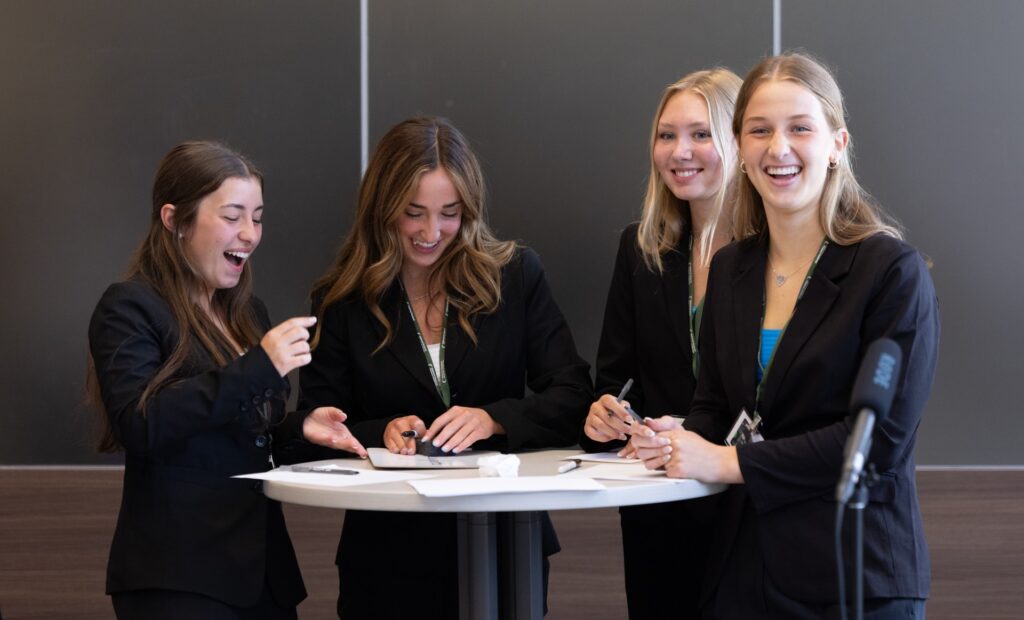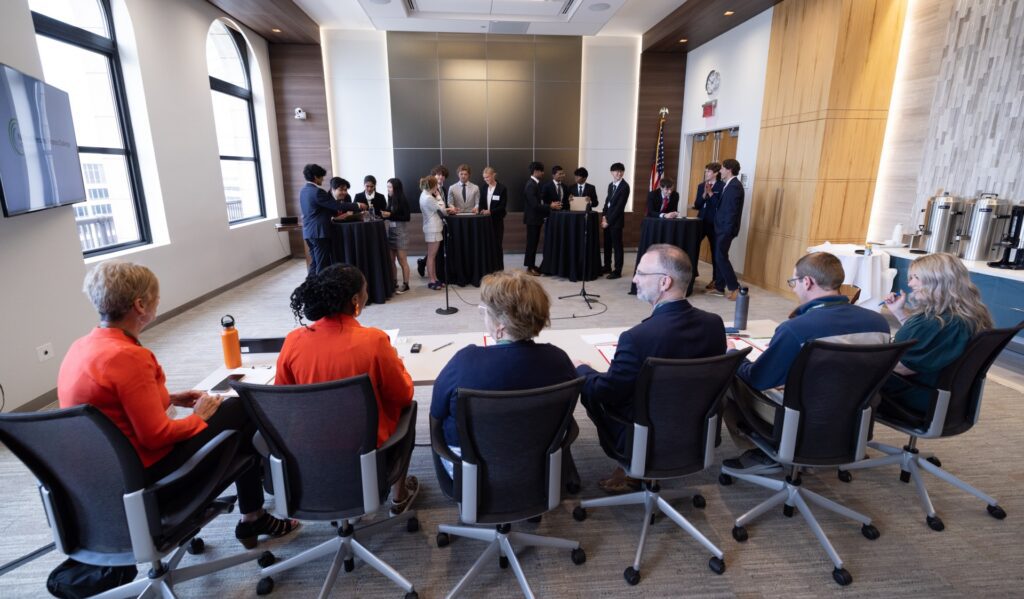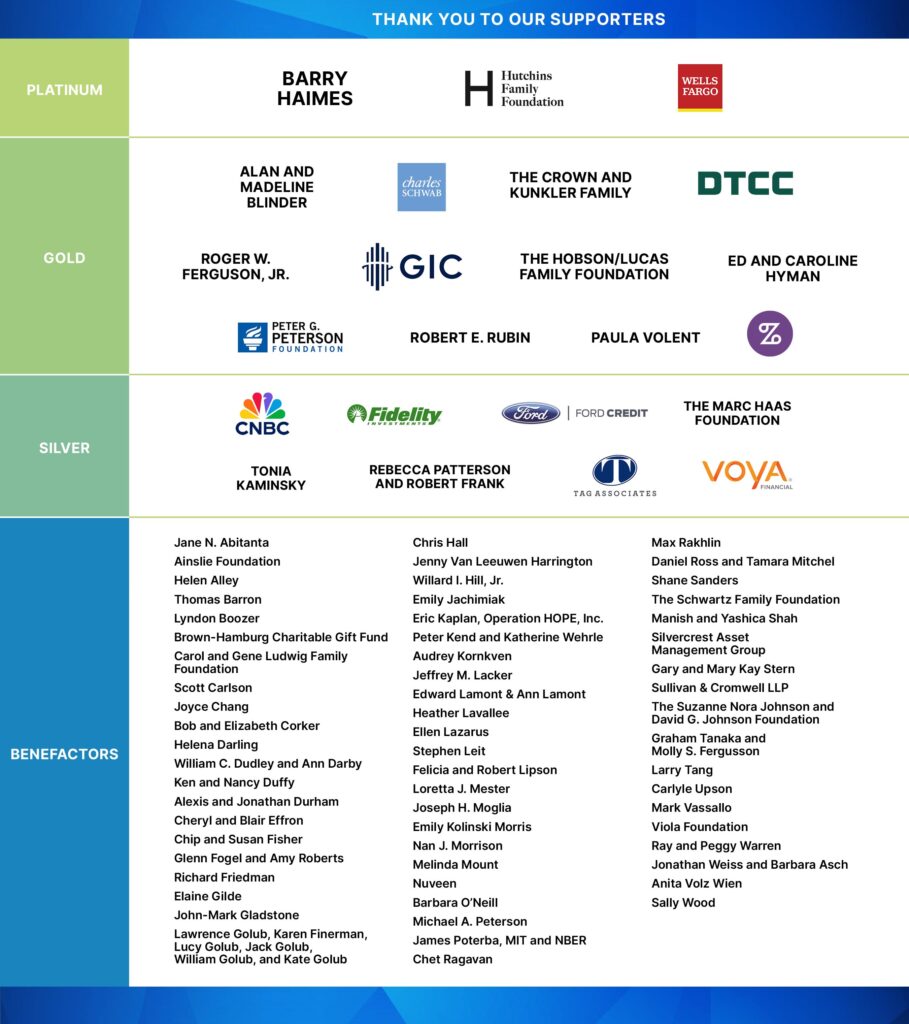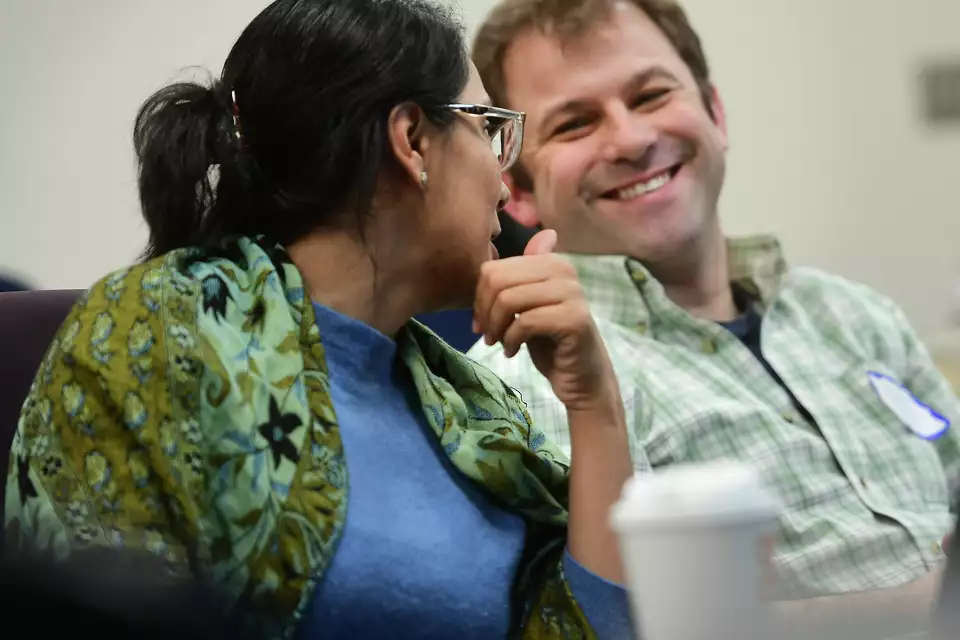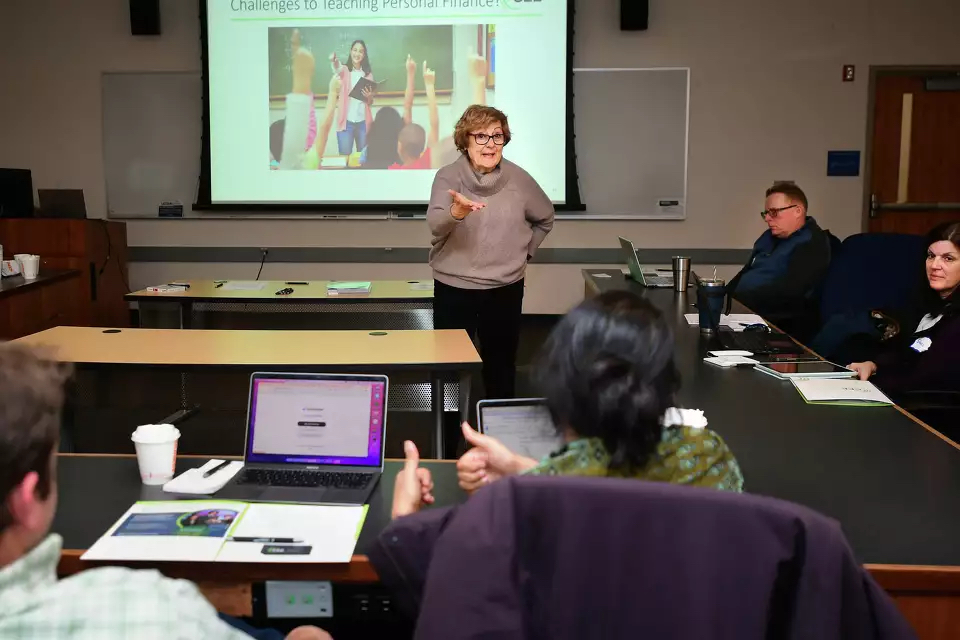Powering financial literacy through awareness, advocacy, and action
By CEE
Sponsored Content
In April 2004, the U.S. Senate passed Resolution 316, sponsored by Senator Daniel K. Akaka of Hawaii, designating April as Financial Literacy Month.
This declaration highlights the importance of financial education and the consequences of a lack of financial literacy.
As the economic landscape becomes increasingly complex, Intuit is taking bold steps to ensure students and educators have access to high-quality financial literacy programs.
A great start is the Intuit Hour of Finance™ Challenge, a free program that encourages schools to spend an hour learning the importance of budgeting during Financial Literacy Month.
The current landscape of financial education
Studies show that approximately 34% of U.S. adults pass a basic financial literacy test. More than 70% of college students experience financial stress, which is a leading cause for students leaving college—often with debt but no degree.
That’s why Intuit for Education offers financial literacy programs that support future generations.
David Zasada, VP of Education & Corporate Responsibility at Intuit, understands how important these programs are. He says Intuit for Education helps students learn to make smart money decisions, so they’re set up for personal and economic success as adults.
“Although an increasing number of states are now requiring high school students to take a full semester personal finance course before they graduate, as of today, it is still a big problem that the majority of students cross the graduation stage without the critical financial skills they’ll need, just as they will begin making adult financial decisions,” said Zasada.
Christopher Caltabiano, Chief Program Officer at the Council for Economic Education, emphasizes the urgent need to address the knowledge gap to reach greater societal equity. “We feel that the knowledge of both personal finance and economics more broadly—understanding how the world works—are important for people to manage their personal lives, their family lives, the lives of their communities, and even broader—their nation.”
The Hour of Finance Challenge—a step toward a better financial future
In April, the Intuit Hour of Finance Challenge invites educators nationwide to spend just one hour teaching budgeting to their students. This challenge sparks interest and teaches students key skills for handling today’s financial world in an engaging way. Last year, schools nationwide joined in, making this one-hour challenge the first step toward financial literacy.
The challenge includes tools like an easy-to-use budgeting lesson from the Intuit for Education curriculum. Students can play Intuit Prosperity Quest™, an online game that puts them in real-world financial scenarios. Average student scores are used to compete for prizes and to become state or national champions.
Intuit’s commitment to financial education
Independently and in partnership with like-minded organizations like CEE, Intuit has acted on the belief that students need economic and financial skills to succeed after high school graduation.
In 2023, Intuit launched Intuit for Education with a goal of helping 50 million students become more financially literate, capable, and confident by 2030.
This program helps students of all ages learn the important skills that will help them manage money better for a lifetime of financial well-being. These skills can help them save, improve their credit scores, manage debt, and reach their goals.
Intuit for Education helps by providing educators and students with financial education that’s easy to access and adapt to. With over 150 hours of content about personal and entrepreneurial finance, Intuit for Education gives young people the knowledge they need to succeed.
“What makes Intuit for Education unique is our collection of real-world simulations, calculators, and games, which give students the ability to apply the concepts they learned to develop strong financial behaviors,” says Zasada.
Actions to take this Financial Literacy Month
It’s Financial Literacy Month! Intuit for Education and CEE encourage everyone to improve financial literacy in their communities. Advocate for educational reforms, use Intuit’s and CEE’s free resources, or talk finances with those around you—every effort counts.
Caltabiano emphasizes that everyone has a role to play in improving financial literacy in their communities. In terms of advocacy, he says, “The macro view is to ensure that the educational system in your state is structured such that young people have the opportunity to take personal finance and economics during their time in school.”
Even if your state doesn’t require financial education in K–12 curriculum, parents and students can still demand that their school district requires it. One might mention the free resources offered by organizations like Intuit for Education and the Council for Economic Education.
Zasada suggests you can start by looking close to home. Talk honestly with your kids, parents, or partner. Reflecting on his own upbringing, he says, “When we were kids, my parents consistently taught my brothers and sisters and me the importance of managing money, including what percentage of our allowance or paper-route money should be allocated to savings, charity, and spending money.”
Looking ahead
Financial Literacy Month 2025 is here, and with it, a chance to improve financial education. The Hour of Finance Challenge is a great start to help a new generation begin to prepare for better financial futures.
For educators looking to get involved, Intuit and CEE offer a wealth of resources and programs that can make a difference.
Join the Hour of Finance Challenge this April and help build a financially literate future.
The post Powering financial literacy through awareness, advocacy, and action appeared first on Council for Economic Education.



